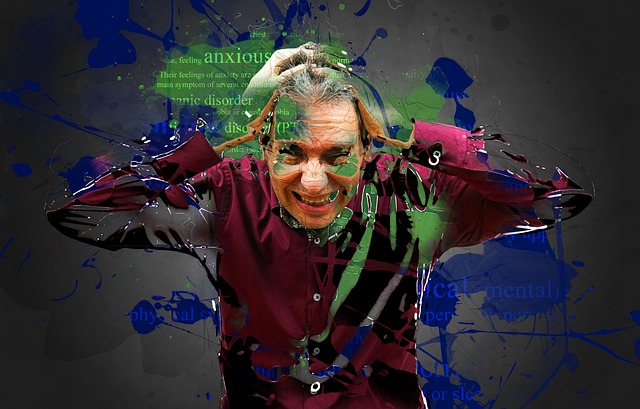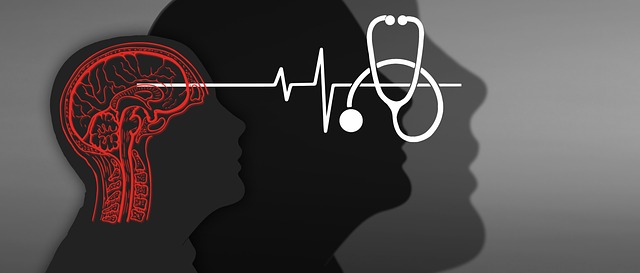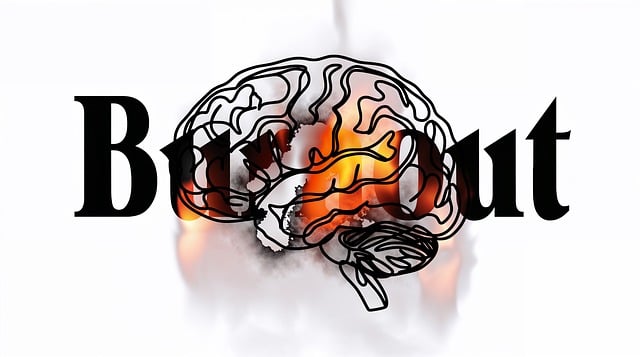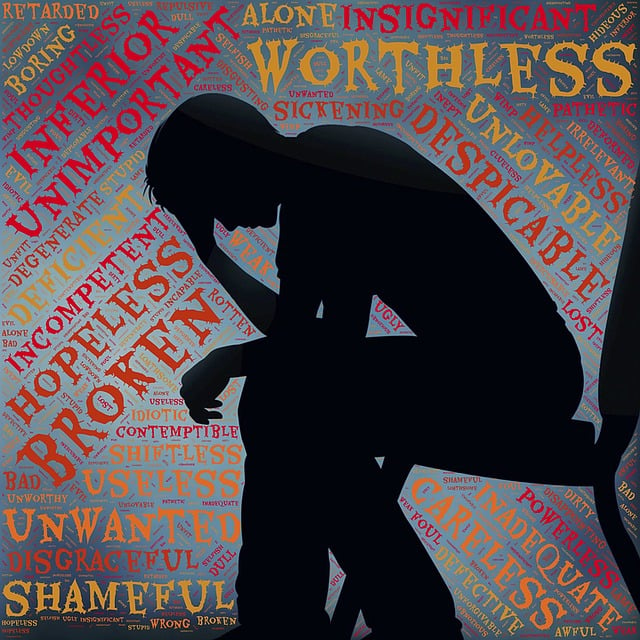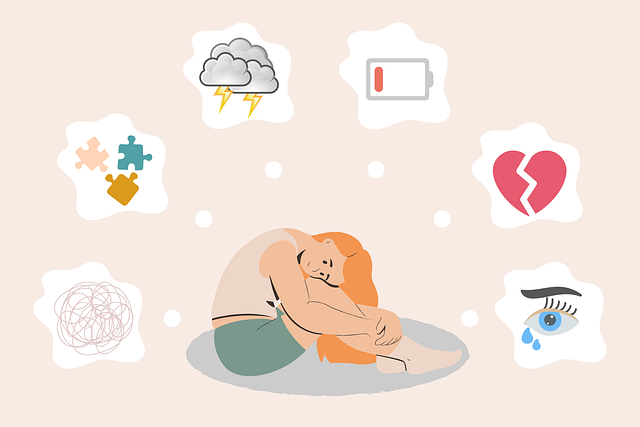Understanding mental health challenges in elderly populations, especially unique issues like depression, anxiety, and dissociative disorders, is crucial for group facilitation. Group settings offer support through peer connections and open discussions about mental health, breaking down stigma and encouraging resilience-building activities. Community outreach programs addressing past traumas contribute to better mental wellness outcomes for seniors. Early intervention through public awareness and educational workshops aids in accessing therapy, fostering a supportive society that promotes overall mental wellness, including holistic approaches for those with dissociative disorder, significantly enhancing their quality of life.
Mental wellness group facilitation plays a pivotal role in addressing unique challenges faced by the elderly, such as dissociative disorders. This article delves into three crucial aspects of enhancing mental health support for this demographic. We explore understanding mental health challenges specific to the elderly, delve into effective group facilitation techniques tailored for dissociative disorder therapy, and highlight the transformative power of community-building through group sessions in fostering a supportive environment.
- Understanding Mental Health Challenges in Elderly Populations
- Group Facilitation Techniques for Dissociative Disorder Therapy
- Fostering Community and Support through Group Sessions
Understanding Mental Health Challenges in Elderly Populations

Understanding Mental Health Challenges in Elderly Populations is a critical aspect of group facilitation for those working with seniors. As people age, they may face unique mental health issues such as depression, anxiety, and even dissociative disorders, which can be exacerbated by social isolation and physical limitations. The importance of tailored interventions cannot be overstated, especially considering the rising elderly population globally.
Group settings offer a supportive environment for elders to connect with peers facing similar challenges. Facilitators play a vital role in fostering open discussions about mental health, breaking down stigma, and encouraging resilience-building activities. Additionally, community outreach programs that include trauma support services can address past experiences that may contribute to current mental wellness issues. This holistic approach ensures that the specific needs of elderly individuals are met, promoting better mental health outcomes.
Group Facilitation Techniques for Dissociative Disorder Therapy

Group facilitation techniques play a pivotal role in treating dissociative disorder among elders. This approach leverages the power of shared experiences and peer support to foster a sense of belonging and enhance recovery. Facilitators create a safe, non-judgmental environment where participants can openly discuss their traumas and struggles, promoting positive thinking and emotional healing. By encouraging active participation, these sessions enable elders with dissociative disorder to rebuild their sense of identity and improve their overall mental wellness.
Implementing community outreach programs and public awareness campaigns about dissociative disorder is an effective strategy for early intervention. These initiatives help in breaking the stigma associated with mental health issues, encouraging affected individuals to seek therapy. Through educational workshops, support groups, and accessible resources, communities can significantly contribute to improving the quality of life for elders suffering from dissociative disorder, ultimately fostering a more inclusive and supportive society.
Fostering Community and Support through Group Sessions

Group sessions offer a unique opportunity to foster a sense of community and support among participants, which is especially beneficial for older adults dealing with dissociative disorders. Through shared experiences and open discussions, individuals can build a network of peers who understand their challenges. This sense of belonging is crucial in mental wellness therapy, as it encourages active participation and promotes feelings of safety and trust. Facilitators play a vital role in creating an inclusive environment by employing empathy-building strategies that respect cultural sensitivity in mental healthcare practice.
By incorporating these techniques, facilitators can help participants feel seen, heard, and valued. This supportive atmosphere facilitates open communication, allowing individuals to express their feelings and share coping mechanisms. Such interactions are transformative, as they encourage personal growth and resilience while providing a sense of purpose and belonging, ultimately enhancing overall mental wellness.
Mental wellness group facilitation plays a pivotal role in addressing challenges faced by the elderly, such as dissociative disorders. By employing techniques that foster community and support, we can significantly enhance therapy for elders suffering from these conditions. Group sessions not only provide a safe space for expression but also empower individuals through shared experiences, ultimately revolutionizing mental health care for this demographic.
